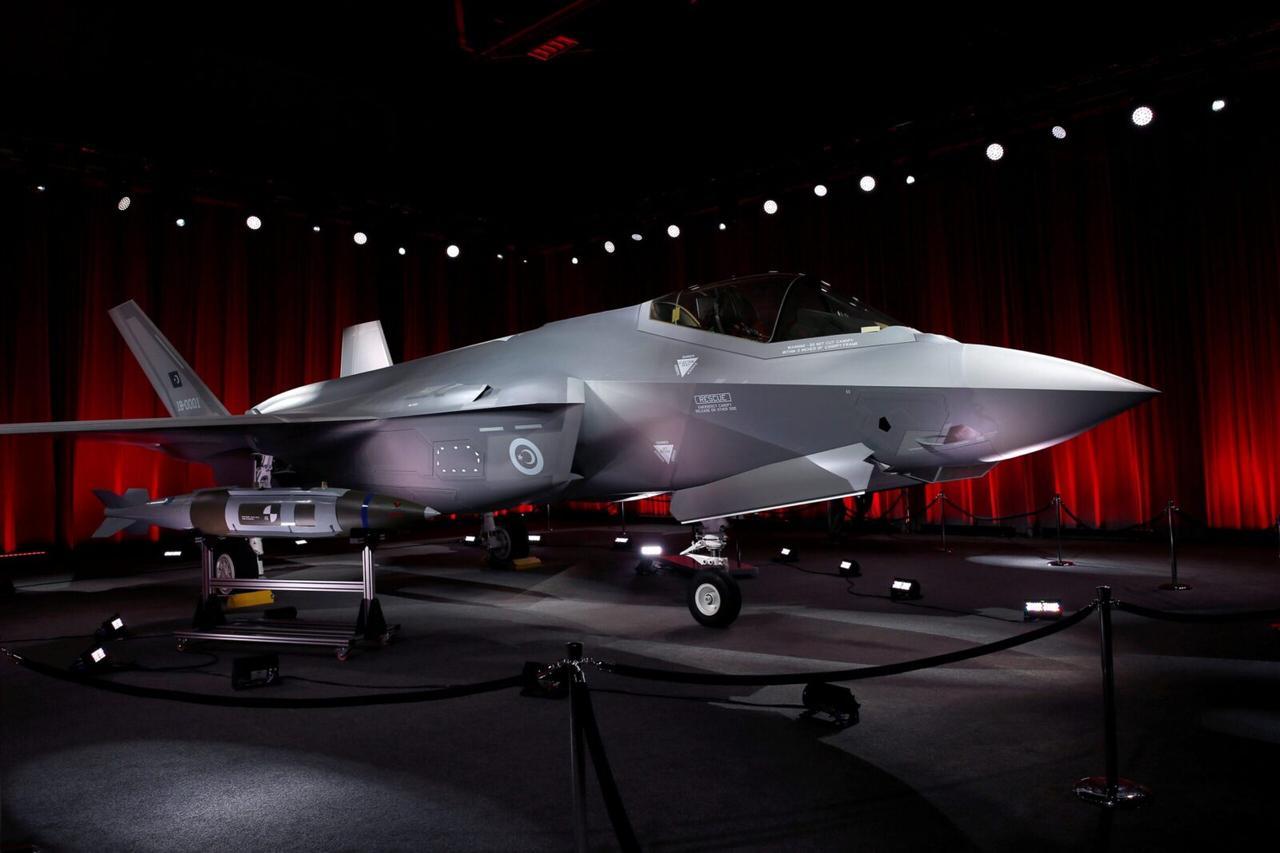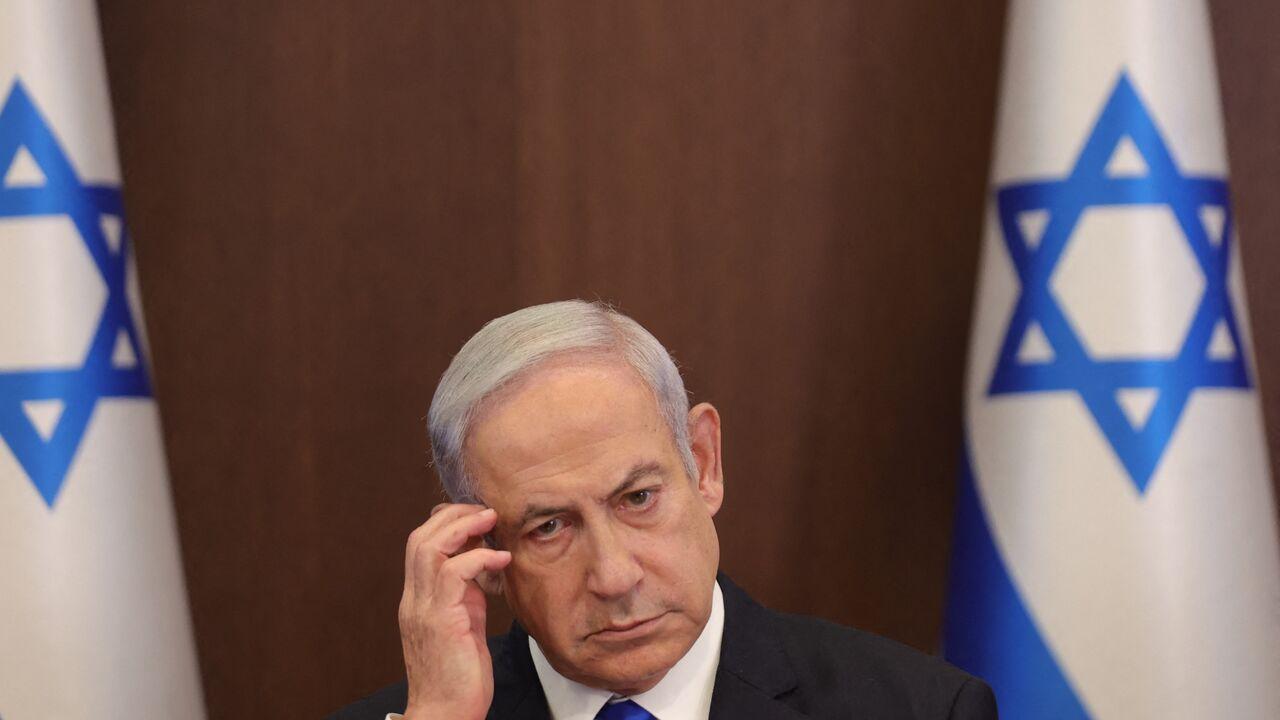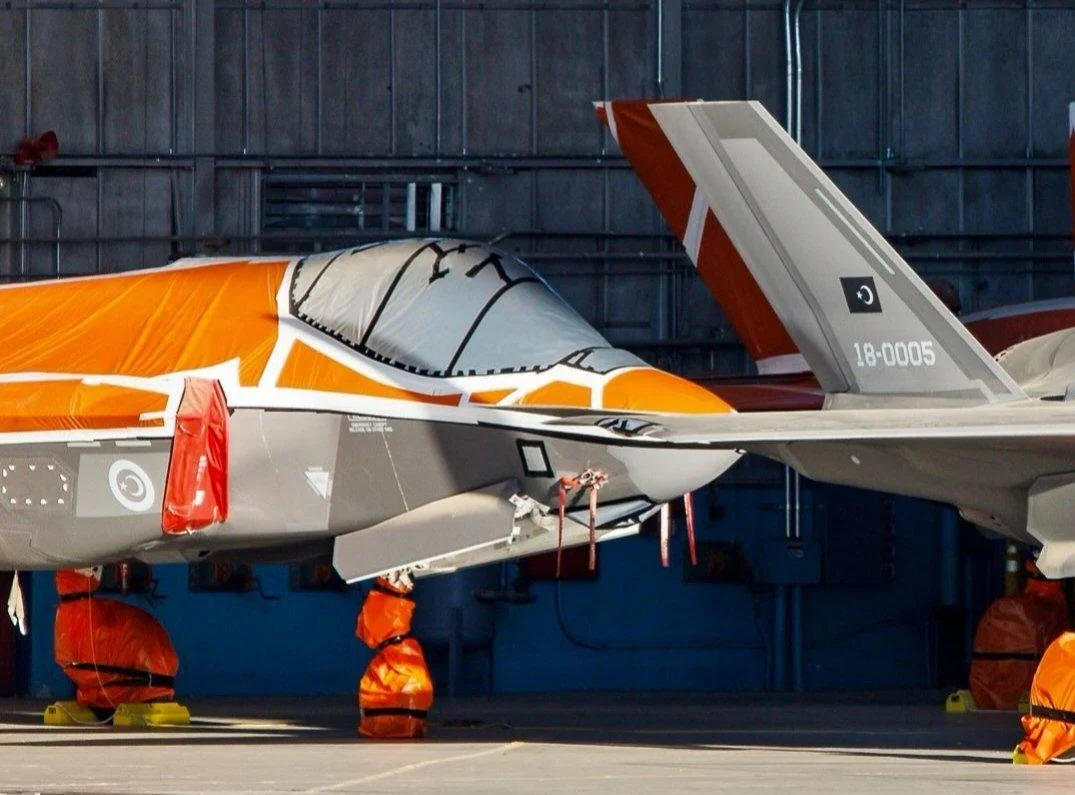
Israel is reportedly expressing concern over the possibility of the United States selling F-35 fighter jets to Türkiye, fearing such a move could erode Israel's qualitative military edge in the region as Türkiye increasingly positions itself as a strategic rival.
Israeli Prime Minister Benjamin Netanyahu raised the issue during a closed session of the Foreign Affairs and Defense Committee this week, making it clear that Israel strongly opposes any such move by the United States, according to Israel Army Radio.
The concerns come as U.S.-Türkiye relations appear to be warming. U.S. President Donald Trump recently called Turkish President Recep Tayyip Erdogan "my friend" and said he "loves him." Trump also mentioned he might visit Türkiye during his upcoming Middle East trip, stating that Erdogan would be "a great host."

The Pentagon no longer believes that Türkiye's potential reentry into the F-35 fighter jet program would destabilize the military balance in the Aegean Sea, according to a report published by Greek daily Kathimerini. Citing unnamed sources, the report claims that Washington has moved away from prioritizing Greece's technological edge and is instead emphasizing equal footing for both NATO allies.
Akif Cagatay Kilic, chief advisor to the Turkish president on foreign policy and Security, emphasized that the F-16 and F-35 fighter jets have been long-awaited issues.
When asked whether Türkiye could return to the F-35 program, Kilic stated, "Everything is on the table. Everything is possible, including returning to the program. This is what we have been saying from the beginning. We are a country that is a partner in the development of the F-35. We contributed very seriously. Türkiye is now determined to be involved as a partner in defense industry investments and cooperations."

In a concerted effort to block Türkiye's return to the U.S. F-35 program, Jewish and Greek lobbying groups have joined forces in Washington, D.C. Their primary aim is to prevent Türkiye from acquiring the advanced F-35 fighter jets, arguing that such a deal could undermine regional security and NATO's collective defense structure.
In 2020, the United States imposed sanctions under the Countering America's Adversaries Through Sanctions Act (CAATSA) against Türkiye's Presidency of Defense Industries and senior officials over Ankara's acquisition of Russia's S-400 missile defense system. The move also led to Türkiye's removal from the F-35 fighter jet program, where it had been both a buyer and manufacturer.
Türkiye has consistently labeled the sanctions "unjust," arguing that its NATO membership and regional security role should shield it from such measures. Ankara has demanded reinstatement in the F-35 program or compensation for its financial contributions.
Although Türkiye currently remains outside the F-35 program, reports suggest Ankara continues to express interest in rejoining, even as it pursues alternatives such as Eurofighter Typhoons and develops its own indigenous fifth-generation fighter jet, KAAN.